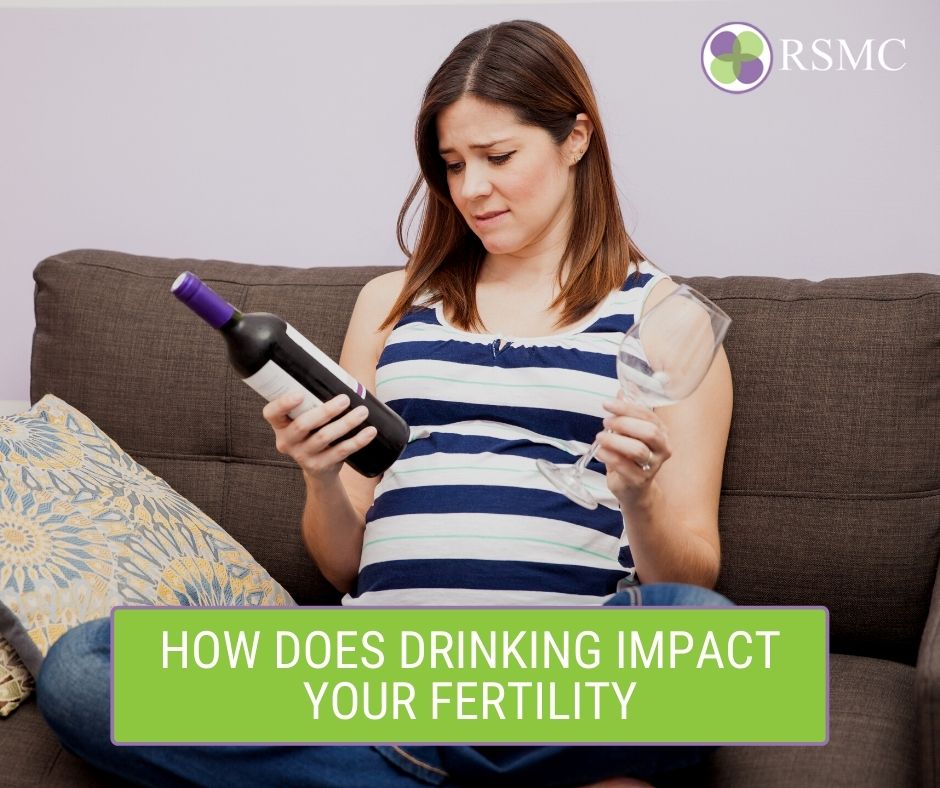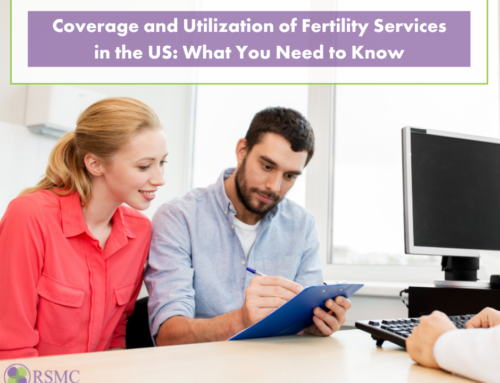There are countless factors that contribute to infertility in men and women. One such factor, not talked much about, is whether drinking alcohol impacts fertility health. And, if so, then how does it affect fertility in women, and can it cause male infertility? Moreover, Intended Parents often ask us whether or not it’s okay to drink when they are trying for a baby.
Once you and your partner have decided to start a family, you must be looking for ways to improve the odds of becoming pregnant, especially after several unsuccessful tries.
Maybe your fertility doctor has advised that you take up a healthier lifestyle, or maybe you have checked online. Nevertheless, you have found an overwhelming amount of suggestions regarding what to do– and not do – in order to increase your chances of conceiving. Of course, there is a lot of information out there concerning sex, alcohol, and pregnancy. However, no matter where you found the information from, it’s important to understand that a lot of these information is incorrect and can be confusing.
Let’s take a look at the studies about how exactly drinking alcohol impacts fertility and the ability to get pregnant, and can you still become pregnant if you enjoy an occasional glass of wine or a bottle of beer?
Does Alcohol Affect Men’s Fertility?
Do you know that around 20-30% of fertility issues can be ascribed to male infertility? This is why your fertility doctor may have suggested that both you and your partner get tested. In some cases, there may be a medical reason for male infertility. However, alcohol is known to compromise male fertility health in many ways.
Alcohol interferes with the male reproductive system, affecting the production of testosterone (T). It also affects the ability of the body to produce healthy, mature sperm that can fertilize a female egg. That is, drinking large amounts of alcohol reduces a man’s ability to produce viable sperm that can do the job.
Additionally, drinking large amounts of alcohol can result in erectile dysfunction, premature ejaculation, and very low libido.
How Does Drinking Affect Fertility in Women?
A 2016 study examined the alcohol consumption habits of over 6000 women who are trying to conceive. These women were asked to complete some questionnaires about their alcohol intake and other important lifestyle factors over the course of their fertility journey.
At the end of the study, the researchers found no sign that alcohol consumption affected the ability to get pregnant in women who took alcohol in moderate amounts (not more than 13 four-ounce servings a week). However, women who consumed heavier quantities were found to be 18 percent less likely to become pregnant. And the type of alcohol taken by either study group doesn’t seem to have any significant impact.
What does this mean?
Consuming a moderate quantity of alcohol does not seem to have a direct impact on women’s fertility health. However, according to some studies, the intake of alcohol can impact things like sexual function and body weight, which may affect a woman’s ability to become pregnant.
Heavy drinking is also linked to an increased risk of ovulation complications.
As we still don’t know the safe level of fetal alcohol consumption, it is best you avoid alcohol completely when trying for pregnancy.
Should I Stop Consuming Alcohol Altogether?
Studies are still going on the impact alcohol can have on both the male and female reproductive systems. There’s still a lot we don’t know regarding the impact of alcohol on the ability to achieve pregnancy.
Alcohol may not be the single reason you’ve not been able to conceive. However, it is evident that taking large amounts of alcohol can significantly reduce your odds of becoming pregnant.
Adopting a healthy lifestyle
If you have consulted with a fertility doctor to help figure out why you have been unable to get pregnant, he or she may have suggested that you and your significant other examine certain lifestyle changes that may impact the body’s ability to conceive. Reducing your alcohol consumption or stopping it altogether can be a significant part of adopting a healthy lifestyle.
Here’s how reducing or stopping alcohol intake can indirectly improve your fertility health.
1. Weight
Alcohol contains its own calories – and no, not the healthy calories that the body can utilize to produce energy. It has “empty calories” that have little to no nutritional value in the body. In fact, if you are drinking alcohol regularly, you are consuming plenty of extra calories your body is not getting rid of. This means that you are at more risk of adding weight.
Excessive weight can have a negative impact on a woman’s ability to become pregnant and have a successful pregnancy. Also, obesity can affect a man’s sperm count, a leading factor of male infertility.
If you aim to lose weight, reducing or cutting out alcohol from your daily diet is a good place to start. Removing those extra “empty” calories can help in reaching and maintaining a healthy weight, which may improve your chances of conception.
2. Diet
Studies have shown that drinking slows down the metabolism of food in the body. Hence, alcohol prevents the absorption of nutrients that are needed to remain healthy, including folic acid (folate), which is important for a healthy pregnancy. When you completely stay away from alcohol, your body will be able to absorb the nutrients essential to maintain your fertility health.
3. Exercise
Depending on the amount you take, alcohol can significantly impact your ability to perform exercise effectively. Plus, it can affect your body’s ability to recover after a strenuous exercise. If you’re exercising to have a healthy body and healthy weight, then cut out alcohol from your diet. Rather, consume healthy food and beverages before and after working out.
4. Sex
Although moderate alcohol intake does not seem to impact male or female ability to perform sexually. However, too much drinking can affect your sexual function, and this can lower your chances of becoming pregnant. When you stop taking alcohol, you get rid of one factor that might be lowering your opportunities to conceive a successful pregnancy.
Alcohol and Fertility
What this comes down to is: Alcohol intake by itself is unlikely the reason why you haven’t achieved pregnancy yet. A bottle of beer or a cup of French wine won’t affect your chances of conception. But if you or your spouse consume alcohol regularly, then you may be making it harder for you to become pregnant.
As you embark on your journey to parenthood, now is the right time to limit or cut out alcohol from your diet. Plus, you need to make healthy choices, perform exercise regularly, and look for ways to unwind.
Conclusion
Sometimes, you get positive results when you make healthy lifestyle changes. Other times, you don’t. However, if you have made many changes but are still struggling to get pregnant, we are ready to help. Our team of well-trained, highly-experienced fertility doctors will work with you and your significant other to determine what is hindering you from conceiving. Once the reason for your infertility has been found, we can then suggest the best course of fertility treatment to help you achieve your dreams of parenthood.
To know how we can help you become parents, schedule a consultation with our fertility doctors using the link. You can also explore our website to find out more about fertility in women, male infertility factors, and how to overcome them.























